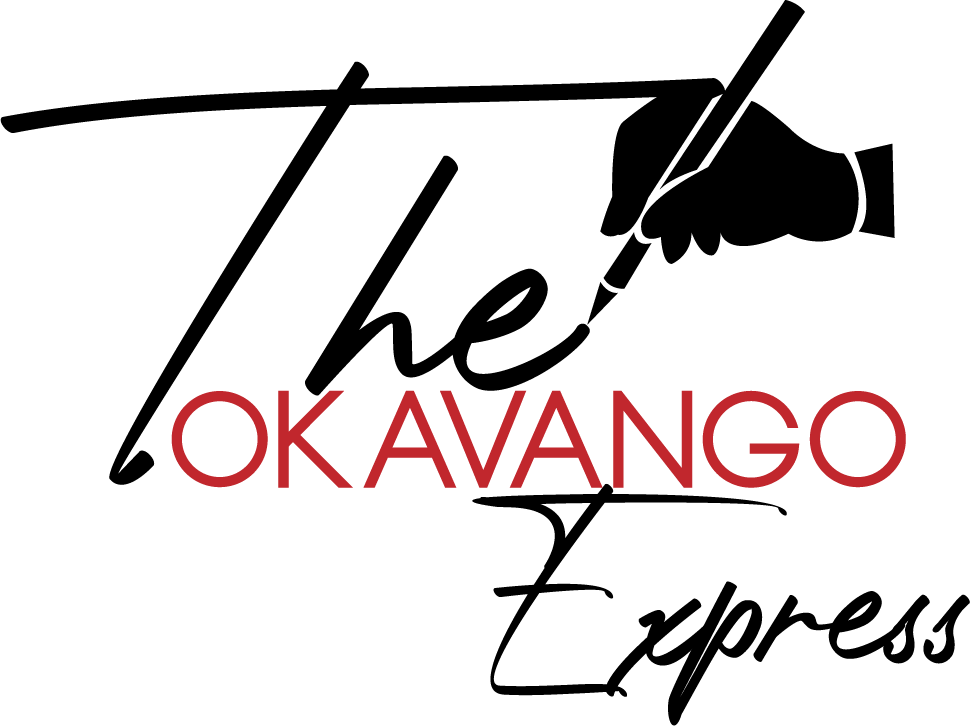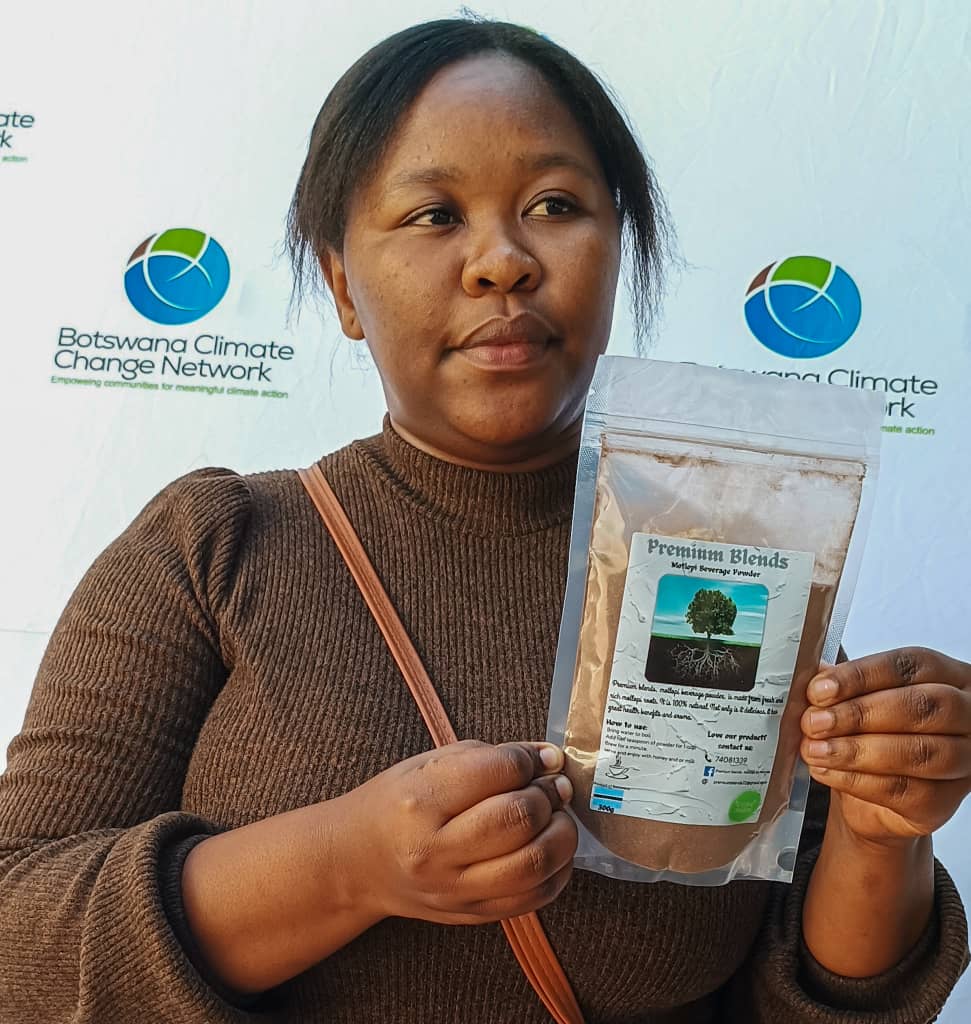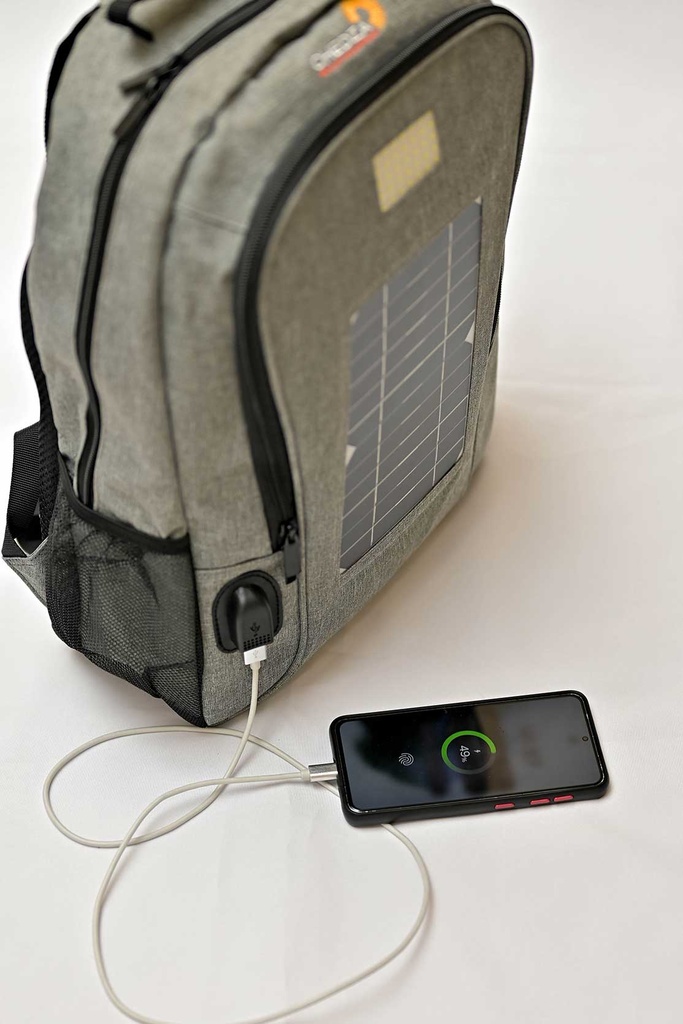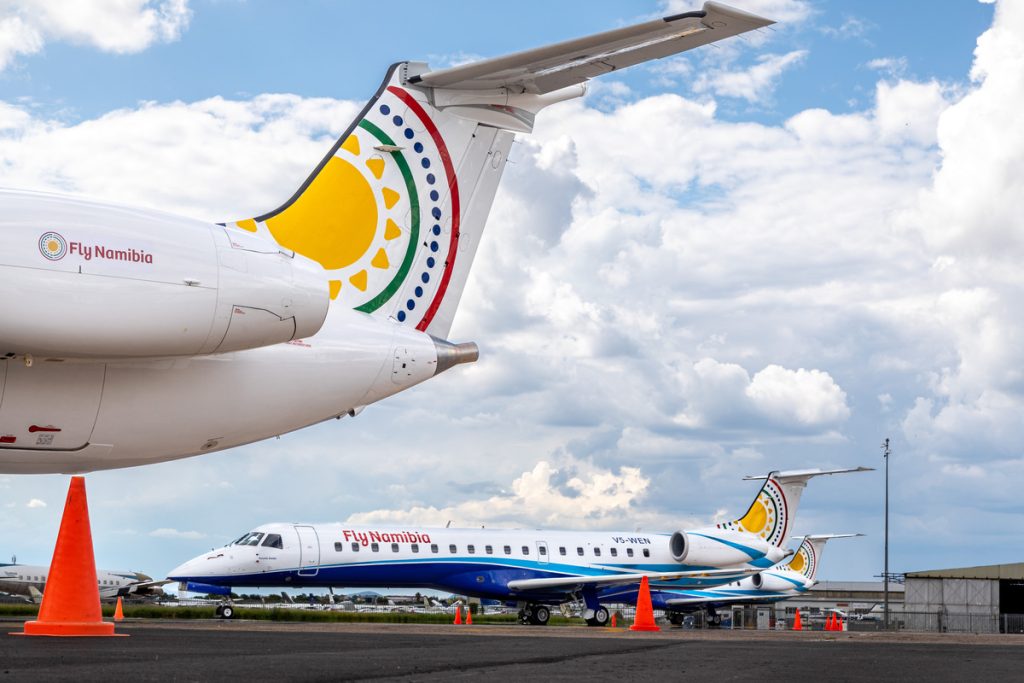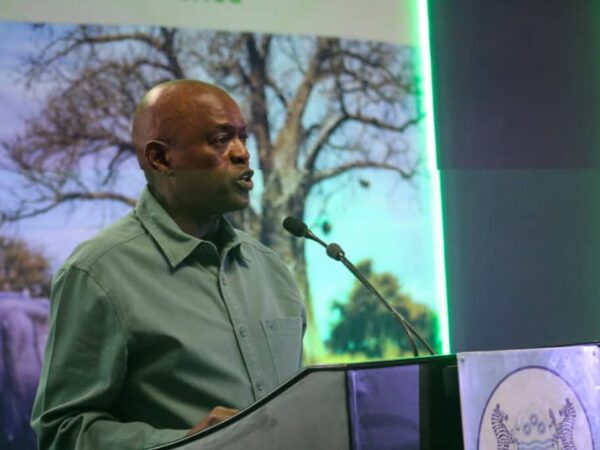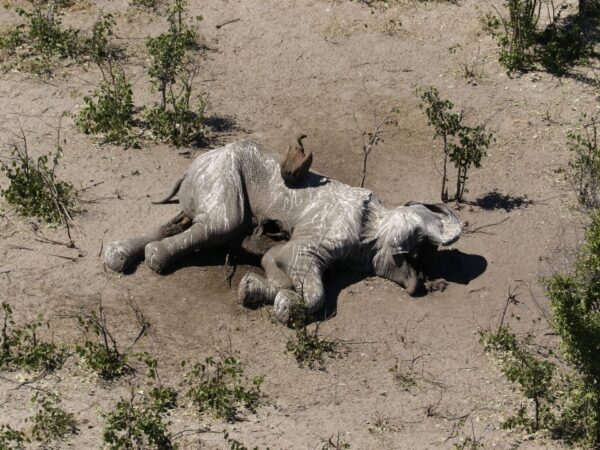
Elephant Without Borders (EWB) have reported discovering nine poached elephant carcasses located at various locations of the Okavango Delta.
A letter dated 24 April 2024 seen by The Okavango Express and addressed to the acting director of the Department of Wildlife and National Parks (DWNP), Mr Moemi Batshabang stated that three of the carcasses were discovered in NG13, two in NG16 and four in NG18. All these are concessions within the vicinity of the Okavango Delta.
This take the total number of reports EWB made to Department of Wildlife and National Parks to a total of 59 since 15 October 2023.
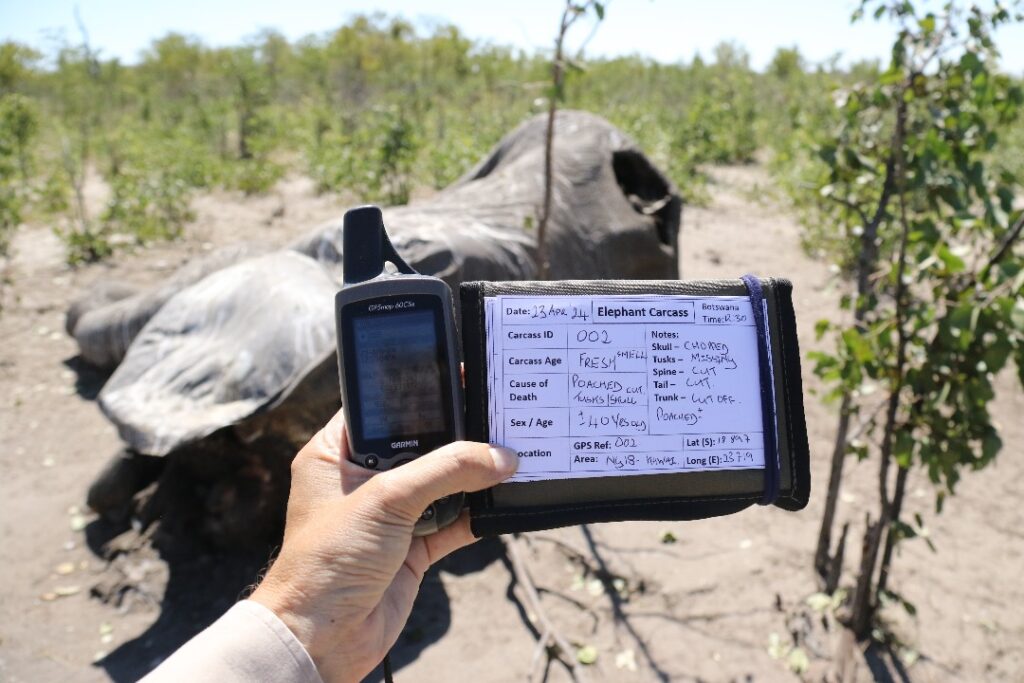
one of the carcass
EWB further states that it is highly probable that these elephants were illegally killed for their tusks. The elephant carcasses showed the obvious signs of ivory poaching, which probably resulted in their death. Elephant skulls were chopped in half, a distinguishing characteristic of elephant carcasses typically killed by poachers to remove their tusks’’ stated the letter.
The letter further states: ‘’Spinal cords were severed, and tails cut to remove tail hair. Some carcasses were clustered and body size indicative of large bulls. These nine carcasses are in addition to other suspicious carcasses seen recently in northern Botswana. Incidents which have been reported to you without acknowledgment.’’
Further EWB explained in the letter that on 15 October 2023 they reported to DWNP their discovery of 16 poached elephants. On 04 November 2023 they reported seeing 14 poached carcasses, 11 December 2023- (10 carcasses) 14 January 2024- (eight carcasses) and 11 February (Nine carcasses.)
Contacted for comment Moemi Batshabang confirmed receiving the letter and explained DWNP will undertake investigations. ‘’ when we receive report from anyone whether is EWB or whoever we investigate’’ adding that he could not offer more details.
Minister of Environment and Tourism, Dumezweni Mthimkhulu when presenting his ministry budget to parliament on 7 March 2024 explained that poaching remained a challenge apart for Rhinoceros cases which have abated. Mthimkhulu told Parliament that most commercial poaching is done by armed transnational syndicates.
As a response he explained that his ‘Ministry continue to engage and collaborate with our counterparts in neighboring countries and our law enforcement agencies to closed door for these gangs.’
Mthimkhulu further stated that Rapid Response teams have been established in Kang, Serowe, Tsabong, Chobe, Ghanzi, Mathathane, Gaborone and Ngamiland for quick response to poaching incident and to deter and gather information on potential poaching.
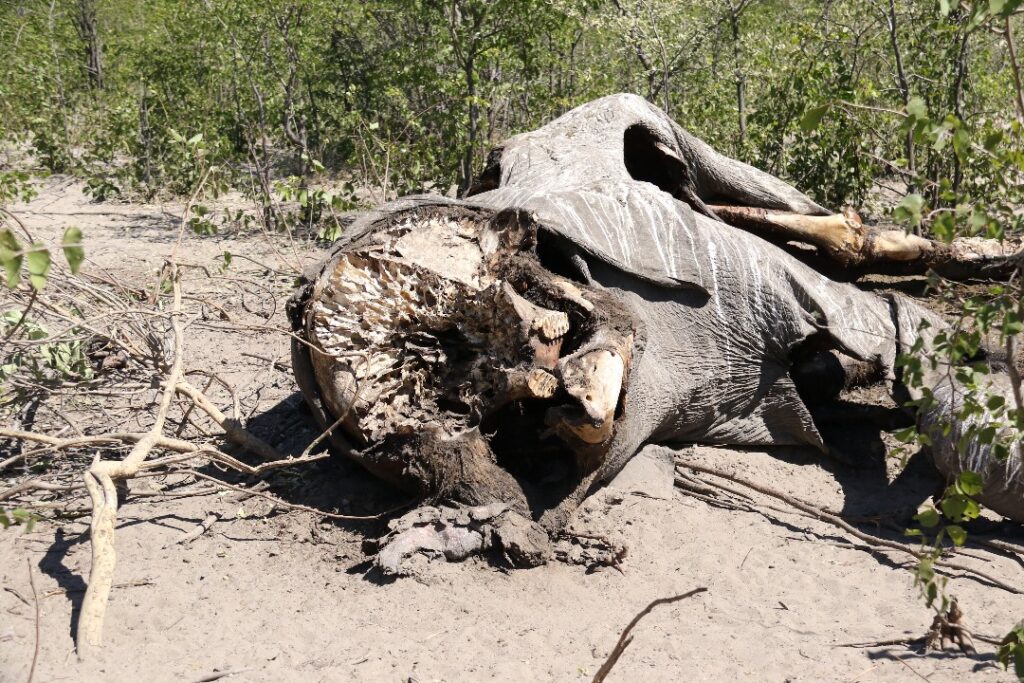
Another carcass
